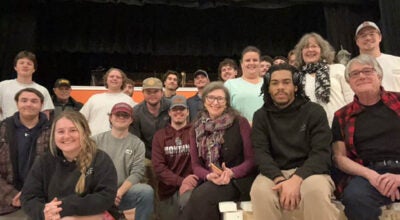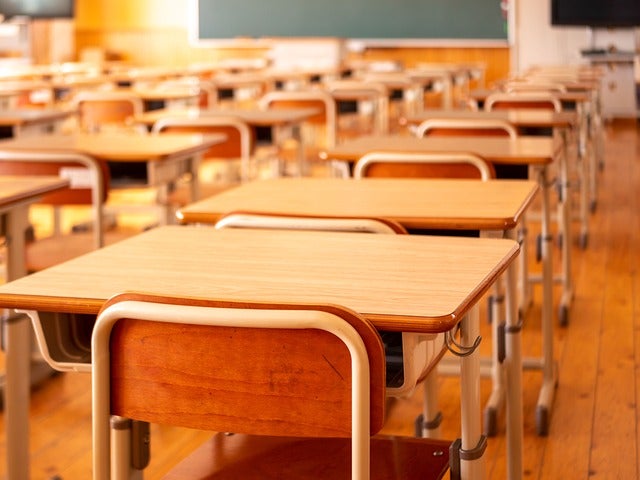Parent says virtual learning is a flop
Published 6:00 am Wednesday, August 26, 2020
|
Getting your Trinity Audio player ready...
|
Virtual learning has no doubt been a complicated process for families across the area, but parents of foster children in Prince Edward are concerned the school’s remote learning system is leaving their young students behind.
Doug Spencer and his wife moved to Prince Edward County from Maui four years ago. They left Hawaii in order to serve God and better the lives of foster children in the area, eventually opening up the C3 nonprofit Aloha House of Hope.
Spencer and his wife are foster parents to three children in the Prince Edward County Public Schools (PECPS) system. The couple educated their biological children through a fully accredited online academy for years, and do the same with their 13-year-old granddaughter.
Spencer said although his kids found success through this online academy, Prince Edward Social Services currently requires all foster children attend public school. However, he said PECPS’ virtual learning system is heavily flawed and at times unusable, leaving the foster kids, who are already at a disadvantage academically, even further behind.
Spencer said the Google Classroom platform used by PECPS is confusing and extremely difficult to navigate, and the kids aren’t able to participate in daily Zoom meetings due to a lack of internet access. Instructions to download lessons were incomplete and anything but simple and easy to understand, even for Spencer and his wife, who are very experienced with computers.
He added he had also learned the school’s technology hotline, aimed to help with virtual learning issues and manned by only one employee, received more than 300 phone calls the first day of classes Monday, Aug. 17, and was eventually taken off of the school website. He said PECPS has since replaced the hotline with a “tech day” at each school level for parents to come in and get clarification on virtual classes, which comes with its own frustrations and difficulties, especially when many parents are members of a population more vulnerable to COVID-19.
Aloha House of Hope used some of its donations to install a booster antenna to get some cell service, and that’s the only way the kids are able to use any internet. It was recommended to Spencer that he could bring the kids to the school to download lessons using the school’s Wi-Fi, but with three kids and five different classes for each kid, the amount of time it would take to download new lessons and upload completed ones each week would likely mean several hours spent sitting in the PECPS parking lot.
Spencer said he is sympathetic to PECPS officials, who had very limited time to develop and implement a plan for online learning, but feels the current system is unworkable and has both himself and the foster kids feeling discouraged.
On top of this, Spencer said his wife is hands-on throughout the day to make sure the kids get their lessons done. The need for a parent’s help in navigating the virtual system is constant, and Spencer worries about households in the county where both parents work full time or are not as digitally literate.
He added the school may find success in considering some alternative virtual learning systems similar to K12 or Schoology, which schools in other parts of the U.S. are implementing well. The school could also upload lessons to YouTube for kids to watch on their own time.
He said the online academy his granddaughter attends uses mail-in DVDs of lessons— “old school” technology by today’s standards, but it gets the work done nonetheless for households with bad internet or cell service.
Spencer and his wife would gladly pay to have the foster kids attend the same online academy their biological children have successfully used, but right now, Social Services doesn’t allow that.
And there’s always the chance that virtual learning at PECPS will extend beyond the first nine weeks, especially if the area doesn’t show considerable improvement in coronavirus cases come late October.
Spencer said Prince Edward Social Services has been great to work with, and the couple will be working closely with the department in the future to see if there are alternative options for the kids.
He said while the school is doing its best in an onslaught of unforeseen circumstances, his ultimate goal is to give the kids a good education, which he feels they currently aren’t getting with PECPS’ virtual learning system.
“They feel like they’re being left behind,” he said.




